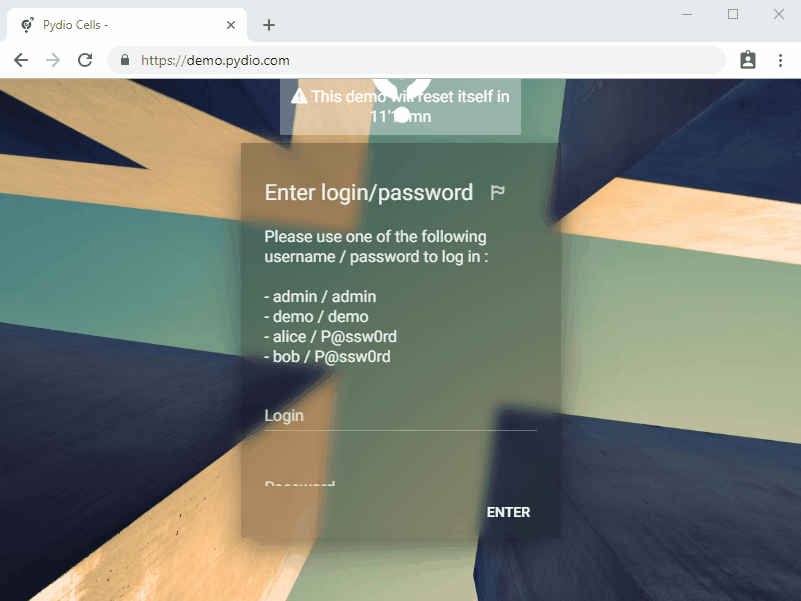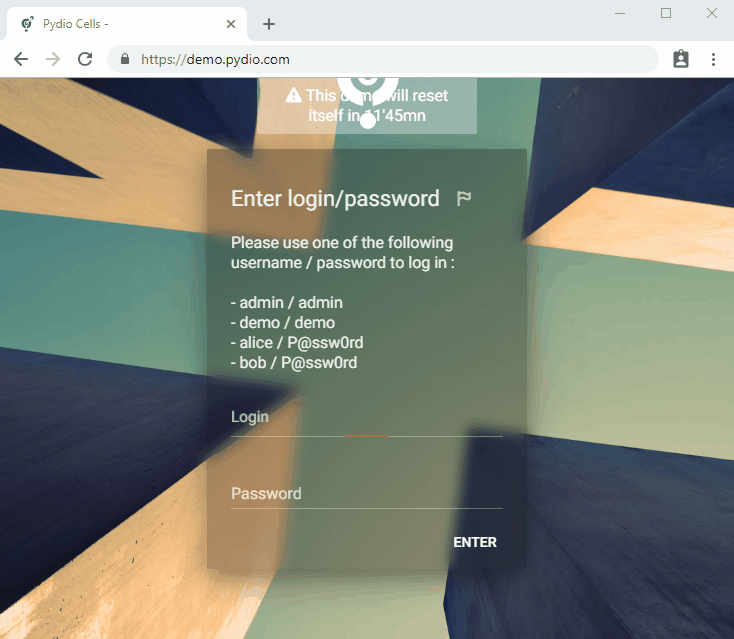Оказывается, мои первоначальные мысли о корзинах Pydio Cells s3, требующих учетной записи AWS, были неверными.Pydio Cells использует тот же код или синтаксис (не уверен 100%), который используется при работе с AWS Buckets.Доступ к файловой системе можно получить с помощью сегментов s3 при работе с конечной точкой Pydio https://demo.pydio.com/io. io - это s3 Bucket.
Для проверки я использую Postman, чтобы сначала поместить файл с именем 'Query.sql' с содержимым в рабочее пространство 'Personal Files'.
Авторизация : Подпись AWS AccessKey: токен возвращен при использовании OpenID Connect.«Id_token» содержится в теле.SecretKey: в демоверсии используется ключ: 'gatewaysecret'
Дополнительные параметры : AWS Region: по умолчанию используется значение us-east-1.Мне не нужно было ничего вводить здесь, но это все еще работало, когда я установил его на «us-west-1».Service Name: 's3' - я обнаружил, что это Обязательное Session Token: я оставил это поле пустым.
Создание файлов с использованием PUT.Загружайте файлы, используя GET.
PUT https://demo.pydio.com/io/personal-files/Query.sql
В следующем примере показано, как сначала создать файл, а затем извлечь его содержимое / загрузить файл.

В моем примере GET я вручную помещаю файл с именем Query.sql на сервер demo.pydio.com в рабочей области «Личные файлы».В этом примере показано, как получить доступ к данным и / или загрузить файл Query.sql, который я вручную поместил в рабочую область «Личные файлы».
GET https://demo.pydio.com/io/personal-files/Query.sql
